Text
In the wake of the global Covid-19 pandemic, what would be the potential consequence if
governments around the world follow in China’s footsteps and start to take a step towards more
surveillance?
As we all know, China has the longest lockdown in order to prevent from Covid-19 , although many countries instituted various forms of lockdown over the past 2 years, China’s have often been the most stringent and frequent. The control policies, including school closures and stay-at-home orders, combined with the stress of the pandemic itself will have exacerbated the already fragile mental health of many Chinese people.
The question is, what would happen if governments around the world follow in China’s footsteps and start to take a step more surveillance? So in my opinion, if most of the government follows this step, it will increase the mental health problems especially amongst the younger generation because the lack of interaction with other people and this will lead to social anxiety. And for this cause, the next generation will have issues getting involved with people, and causing the economy of the country because everyone has issues to face the reality.
Amid the relief of lifting restrictions, there is also widespread anxiety over adapting to routine life and fear that transmission of the virus will rebound. This scenario is cause enough for concern, but it plays out against the wider backdrop of mental disorders in China, which remain largely unaddressed.
In my opinion, to achieve “zero covid-19” seems impossible and crazy, is it because everything we want to achieve there is always be a consequences such as depression, stress, and maybe suicide among the citizen. In the covid-19 era, we have to adapt with the new norms, and always be careful and take care of our hygiene and that all is enough.
As for Malaysia, now my country is free to do what we want, not to say that we do not have covid-19, there is still covid out there. I just have to be cautious especially in crowded areas and maybe indoors we need to wear masks especially in Grab (Public Transportation) but I’m beyond blessed that 2 years of lockdown only because to get back to those times honestly I don’t want it!
#MDA20009 #WEEK11


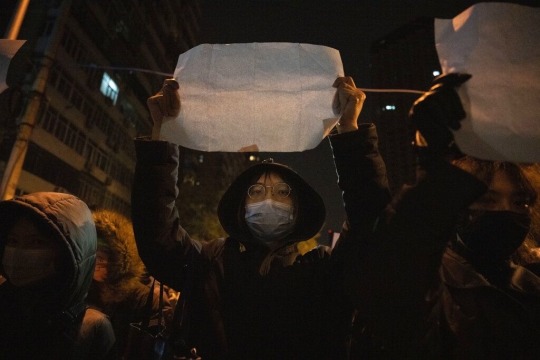
6 notes
·
View notes
Text
Has the Covid-19 pandemic changed the public perception of gaming?
We all know that Covid-19 has changed the way we live, particularly in the first few years and months. We decided to stay home and play games or tiktok all day. Many people have reportedly started playing video games during the pandemic, according to anecdotal evidence. I recall that the large family stayed together at one residence during the first year of the lockdown.
We all follow the same routines every day, which include waking up from sleep, eating breakfast, taking a shower, and getting ready to play a mobile legend game on our phones in the living room. And this is what we've been doing for the past month because we're still getting used to the strange schedule—unlike before COVID, when everyone worked, went to school, and didn't spend time together.
I am informed that playing video games regularly might result in substantial financial gain due to the current culture, such as E-Sport. Games are also no longer considered "toxic" at this time because gamers make up the majority of the population during lockdown.
Additionally, we notice that games have an impact on players by offering cognitive stimulation, socialisation possibilities, and a number of advantages relating to mental health, such as less anxiety and stress. Our research demonstrates the societal importance of video games and the potentially advantageous nature of their effects on happiness.
To sum up, playing video games has improved participants' perceptions of their well-being during the COVID-19 pandemic. Games have been a pleasurable way to keep in touch with friends as well as a stress-relieving and mentally engaging diversion from the impacts of confinement. Although previous research usually supports these findings, it is noteworthy that the public's opinion of video games has not yet caught up with the evidence.
If playing video games can improve player wellbeing during a pandemic, then perhaps more should be done to promote this possibility. The idea that video games be included in official advice on coping with the effects of such lockdown scenarios may not be wholly absurd.
#MDA20009 #WEEK10
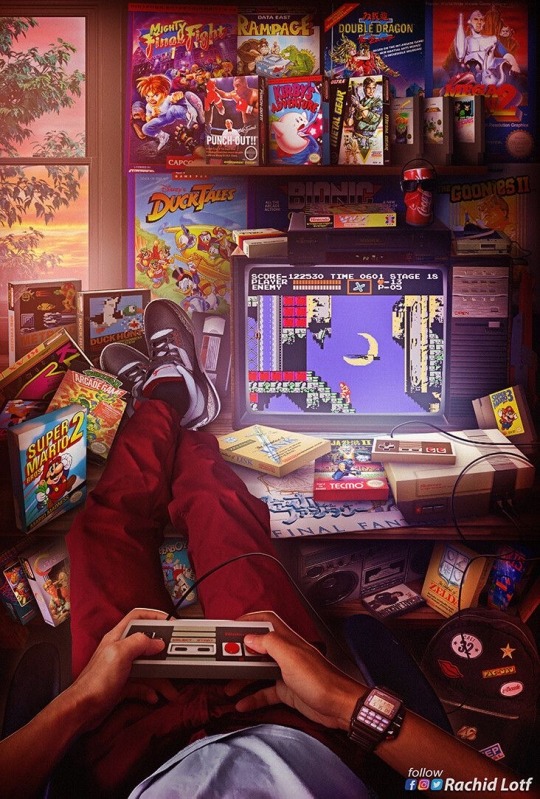


0 notes
Text
Are media representations of fans as ‘weird’ and ‘overly emotional’ fair? What is your own experience of Fans?
I won't imply that all media portrays fans as odd or overly sentimental; perhaps only some do. This phrase occasionally arises from someone who doesn't get that some people simply wish to escape reality and be content with their own views. For instance, Joli Jense addressed the "us vs. them" division between fan culture and mainstream society, noting that the word "fan" came from the word "fanatic," which implies crazy.
Additionally, she did remark that individuals involved in fan culture were labelled as "disreputable, or even dangerous 'others'". Jensen 1992, or maybe worse, a loner who is infatuated. Though we are all the same, we just have different goals, hobbies, beliefs, and lifestyles. In the end, though, we are all just human beings who want to enjoy life and be happy. For this reason, I vehemently disagree that the media and people view "fans" as someone that weird and attempt to make them seem different from us. Another perspective Jensen discusses is the notion that some fans "use fan culture as a type of psychological compensation,'" which means that fans substitute a strong concentration on fictitious realities for a lack of fulfilment in their real-life experiences.
As for me, I've never been a fan of anything, but it's fun to see and hang out with people that appreciate things like k-pop, marvels, and many other things. It is due to the positive messages from the film or music, which explain how individuals may be consistent about something they never see in real life while still working on it. Now we can see the occasionally positive effects on human lives. For instance, Korean K-pop bands fans such ARMY are putting forth a lot of effort to raise awareness of mental health.
If people did not perceive anything as being odd, obsessive, or negative in this life, the media had a significant influence in this. They are the ones who, in my opinion, have the most access to the human thinking function, therefore this explains why.
#MDA20009 #WEEK9

0 notes
Text
In an era filled with fake news, what effect can this have on crowdsourced information?
The rise of fake news draws attention to how institutional defences against disinformation are being undermined in the internet age. Concern regarding the issue is widespread. However, there is still a lot that is unclear about how susceptible people, organisations, and society are to manipulation by bad actors. According to Lazer et al. (2018), a new system of protections is required, but how can we address the issue of fake news and where does it originate? Which media outlets are most likely to publish false information?
Fake news and misinformation are a menace to the public sphere, democracy, and society with sometimes irreversible consequences. Journalists in the new era seem not to be able or willing to play their traditional role of gatekeeper and social media have made the problem even more intense. The need for truth is unnegotiable in modern democracies. Nevertheless, non-true stories and misinformation dominate media outlets with severe consequences and negative impacts on societies all over the world.
Fact-checking platforms based on crowdsourcing strategies or automated digital websites might be the answer to a problem that is escalating. Initially, in order to tackle such a severe problem, researchers and experts have to monitor its characteristics. Very few research attempts have been conducted in Greece on fake news, its characteristics, origin, and impact.
This dissertation scopes to map the characteristics of fake news and misinformation in an EU country such as Greece, based on the findings of “Ellinika Hoaxes” a fact-checking platform that uses in combination professional fact-checkers and crowdsourcing strategies in collaboration with Facebook. The findings shape new perspectives on the nature of misinformation and fake news in Greece and focus on new communication and fact-checking models.
The digitization of news has challenged traditional definitions of news. Nowadays, social influence and information diffusion are strongly linked with the World Wide Web, social media platforms, and social participation. For more than twenty years, scholars have tried to explain the role of the new technologies in the participation of the public in crucial events, such as demonstrations and collective actions (Karyotakis et al. 2019).
A proposed solution to the problem of non-true stories could be crowdsourcing. Crowdsourcing is a form of collective online activity in which a person or an institution or a nonprofit organization or a company proposes, through an open invitation, to voluntarily take up a job (Estellés-Arolas and González-Ladrón-de-Guevara 2012).
Crowdsourcing is a way for journalists to fill gaps in their knowledge. A metaphor for illustrating the mechanism in practice is fishing with nets. By crowdsourcing, journalists cast their nets into the water. The net is larger and wider than in a traditional journalistic knowledge search, which involves the journalist calling potential sources one by one.
When journalists use crowdsourcing in journalism, they open up the journalistic process to the public. Crowdsourcing thus can be considered an open journalistic practice. In open journalism, openness comes into play in several parts of the journalistic process. The process can be open to the public in the beginning, like in the previous examples, or it can also be open later in the process, when the journalist wants to source more information from the crowd. The journalist can also ask for ideas for interviewees, subjects of visualizations, and so on. However, in open journalism, the journalistic process is accessible to the public only in certain parts, and the process is never fully open (Antonopoulos et al. 2020b).
Lamprou, E., Antonopoulos, N., Anomeritou, I. and Apostolou, C., 2021. Characteristics of fake news and misinformation in greece: the rise of new crowdsourcing-based journalistic fact-checking models. Journalism and Media, 2(3), pp.417-439.

#MDA20009 #WEEK8
0 notes
Text
Is social media useful in spreading information on covid-19 in Malaysia or your home country?
Two years ago, Covid-19 has affected the way we live our lives when we have to be cautious and lock ourselves at home for a few months to prevent the virus and this is something we are familiar with. At this moment we only depend on public announcements from national television for the update and social media for us to get the information about Covid-19 at our hometown or perhaps worldwide.
As we all know, social media has played a big role for public health to give awareness to the communities about how to protect ourselves from getting the virus, as well as give the awareness to get the Covid-19 vaccines. Many people looked to social media for information and direction after the coronavirus illness (COVID-19) outbreak.
And we also have to understand that there are advantages and disadvantages to this practice, ranging from the propagation of false information to the crucial role social media has played in disseminating factual information and providing education on mental health.
However, before we start to discuss the advantages and disadvantages of social media in spreading on Covid-19, we have to understand how and when this virus happened. As we all know novel coronavirus has caused severe acute respiratory syndrome coronavirus worldwide, by the WHO in March 2020. And in this case, the awakening of the crisis, many people turned to social media to find information and support and to help them to cope with the emotional toll, and thanks to the technology because without them we will be isolated from a family for years.
Let’s talk about the advantages of social media for spreading information on Covid-19, as we all know during the pandemic, we are all isolated from family and friends for months perhaps years, having a social media platform is something for us to connect with them. And this is also considered as social media is useful for mental health, and at least we are not alone and lonely.
Other than that, social media is also a platform for public health to announce the covid-19 cases daily in your hometown, and worldwide. Other than that, they also use social media to remind communities to always wash their hands and to wear a mask during the outbreak.
Apart from that, the disadvantages of social media in spreading information on Covid-19 are misinformation which is something that we might expect especially during the era where everything is in the fingertips. And these useful technologies can end up being abused by irresponsible people that want to make someone miserable.
As a consumer, you and I must take responsibility for the information we read and view on social media since, as we are all aware, sharing it may result in backlash. Social media, in my opinion, is a forum for debate where not all information is real or harmful. Nowadays, everything has its own agenda, lol, so you need to be careful about what you read, watch, and believe.
Cheer,
Hanisha
MDA20009 #Week7
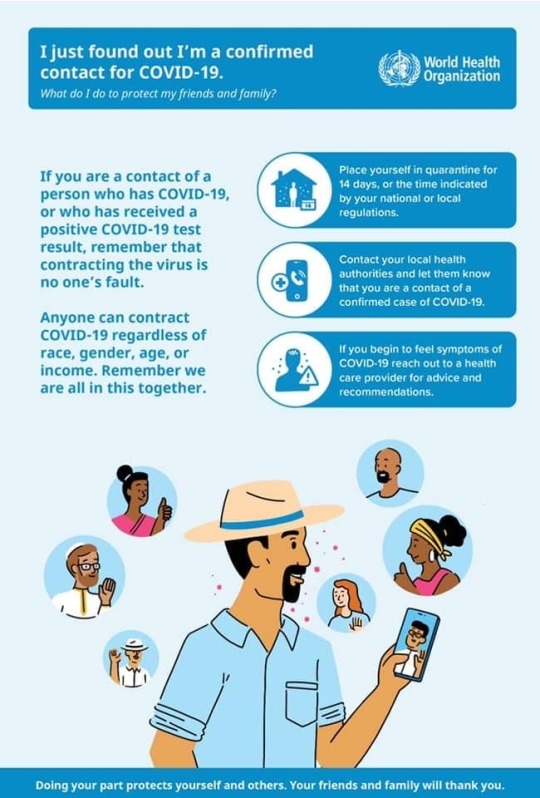
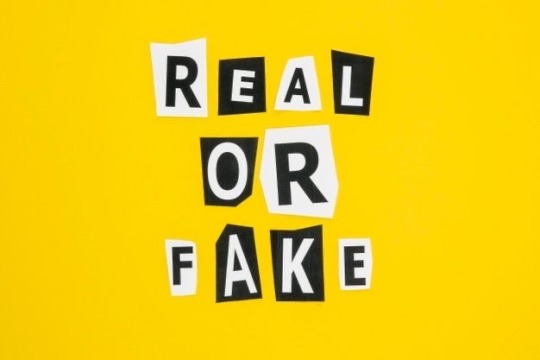
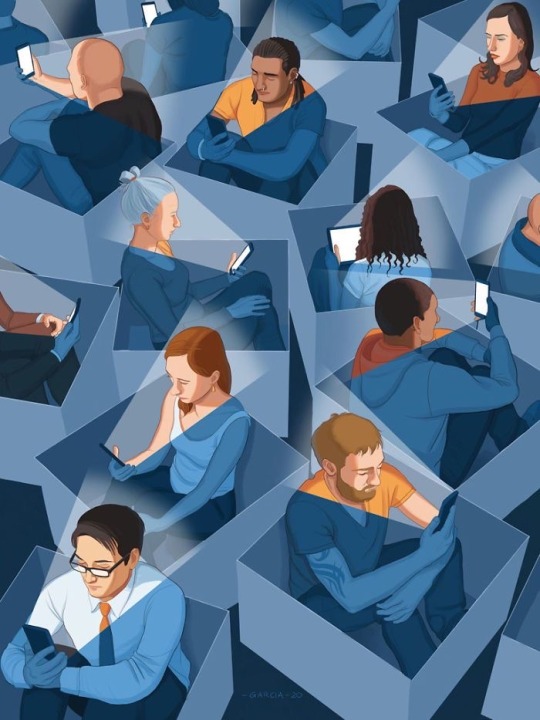
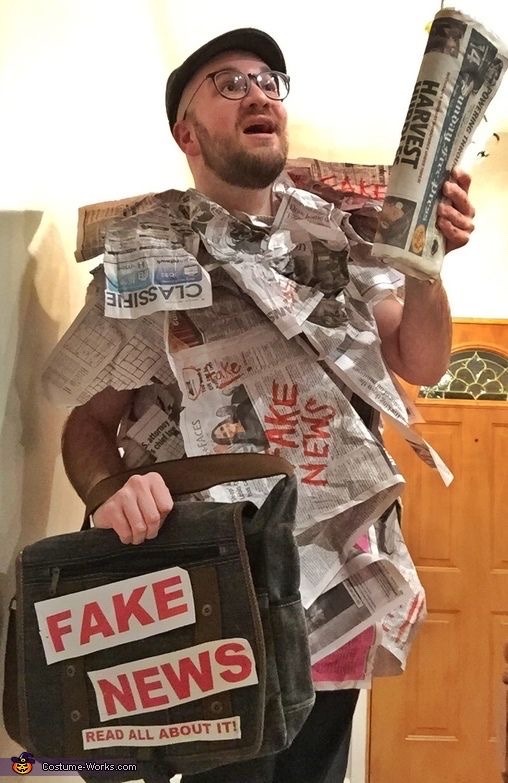
0 notes
Text
How might activists use social media in the future?
Before I start to share how activits use social media in future, we must understand what is activist from thousand years ago, activism is a derives from the verb to act. As an activist is someone who is actively in campaigning for a change, normally this is on political or social issues. And this methods they use in oreder to bring about change.
Have you guys see how active activist in western and europe on issue about animals skin especially in London fashion Week, to remind people that there’s nothing fasnionable about exploiting animals, as the women are topless stood proud showing off bold writing across their chest that read, “Wear Your Own Skin, and this events they also record it and to show in social media for people to sign-up and be part of the change.
As we all know, social media gained a reputation over the years for fake news, but it’s also important platform for activist group to spread awareness about social issues, and bad politions. And this is something, people must scared of especially politions who have done corruption.
Social media is a powerful tools for us as citizen to speak out about something is not right about our country, let’s flasback on what happened to Najib Razak, when people start to aware about his bad politic and everyone start to protest and just a blink of eyes he just lost all his power. And I believe, the most richest person in this world are someone that believe in them.
Apart from that, the killing of George Floyd in May 2020 wasn't the first instance of police brutality to be documented on camera. Even when others shared it on social media, it wasn't the first. However, a potent mix of outrage over the video and a lockdown that kept millions confined to their homes and hooked to their screens sparked a summer of protests in the US and elsewhere.
Everyone was stranded at home, so many people went to social media to offer comfort. It all began when their profile photo was altered. However, social media platforms like Facebook and Twitter also functioned as hubs for organising livestreamed public protests that took place in person.
As we talk how they use social media for activism in future, but we must understand that they all already use it know, the images, video and coference of certain issues to be publish in social media. However, we as people behind the screen must concern or aware about what they want us to see. To be honest, I have seen activism in social media or perhaps in mall where someone ask me to sign-up for change in the world.
But I do not understand why the wealthiest individuals, such as Elon Musk or Jeff Bezos, should be in charge of bringing about change in the world. When the earth is close to apocalypse, it appears that they have already reserved another planet. In conclusion, if these people do not act now, protests and activism will continue to exist as they do today. Social media is merely a tool for disseminating information; in contrast, schools are the places where everything begins, where the new generation is taught about change because it is so difficult for the older generation to effect change because everyone has their own beliefs and opinions.
Okay done I rent about activism
Cheers,
Hanisha
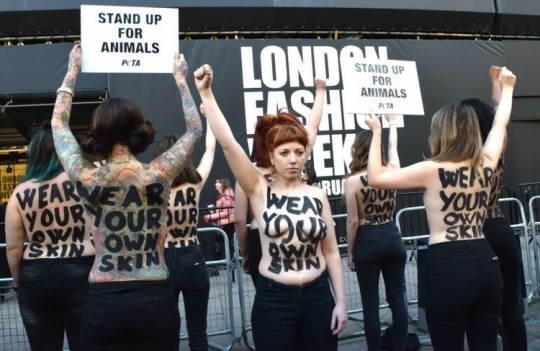
#MDA2009 #Week7
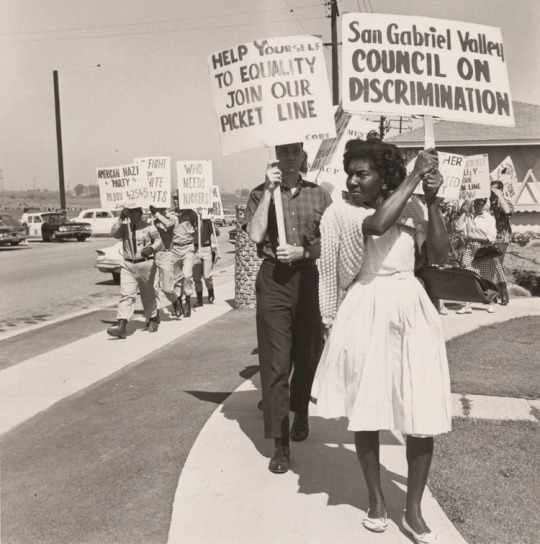
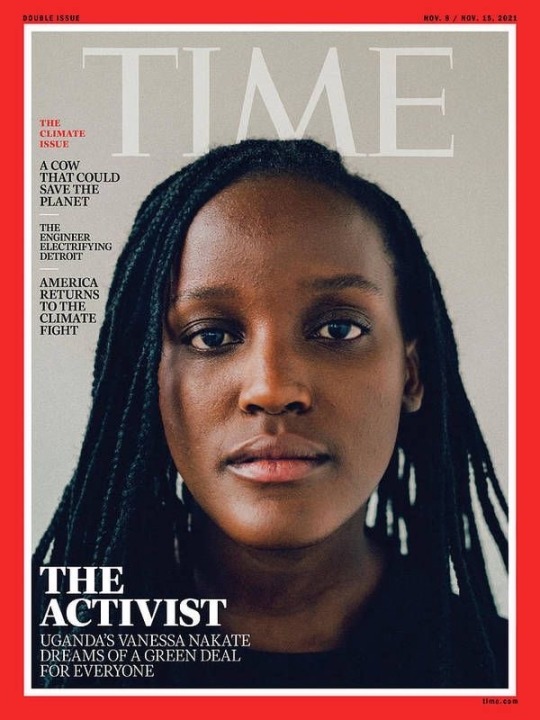
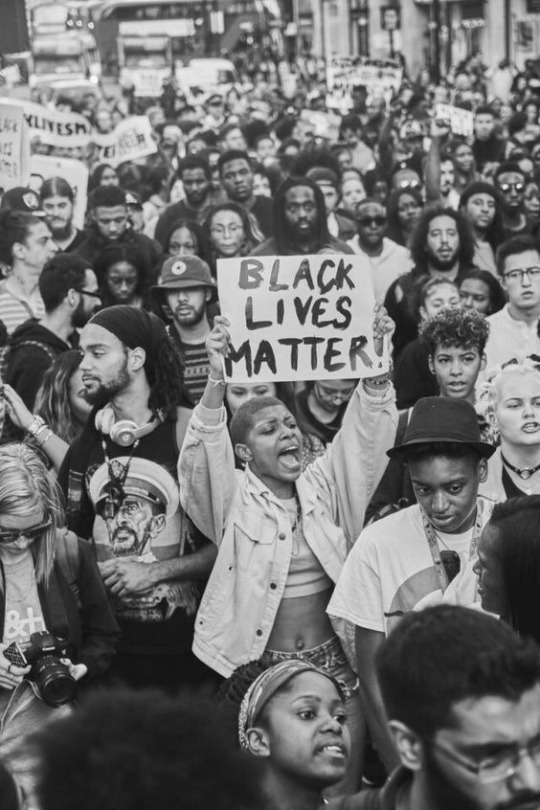
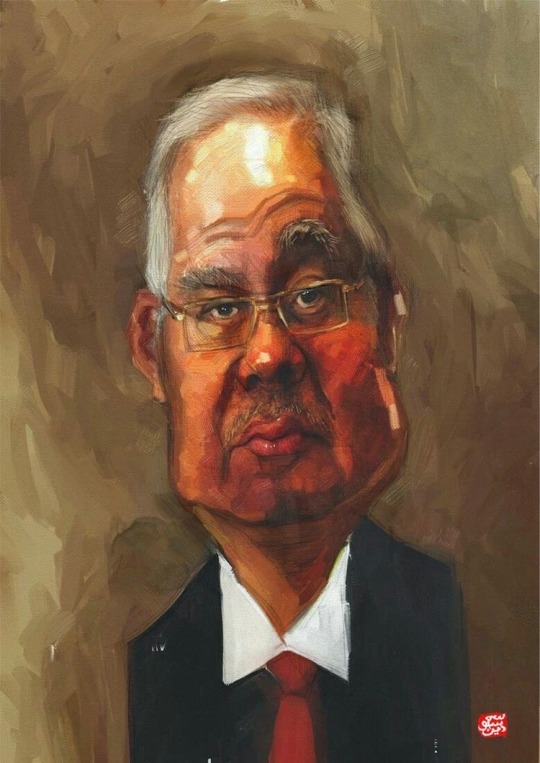
0 notes
Text
The political and engagement in social media, this is the topic we will talk for this week. In this era, to make a news, agenda for political or to bring a good image of the members of political are easy. Especially, this time most of audience would be interesting to watch a video that involve the emotional feeling rather than a full pages of writing so this will benefit the fellow of political people to catch the citizens for their upcoming elections especially about the current news in our country psst if you familiar. Unlike the past time, the political have not much choice because most of the political issues will be in radio and newspaper.
So now, we talk about engagement! Back time, there is not much access to know what happening around the world and the information are limited but at this time, the information just on the finger tips. Therefore, social media has dominated young adults' lives all across the world. Young adults can practically spend their whole day on social media thanks to cellphones, keeping them always in touch with the outside world and their peers (Vorderer and Kohring 2013). In fact, there is a fundamental difference in media consumption practises between the current youthful population and their elder counterparts.
The elder generation is considerably more likely to be exposed to traditional news sources like television or newspapers, whereas young adults (16–25) rely on digital platforms or chat services like Facebook, TikTok, YouTube, Twitter, Instagram, WhatsApp, or WeChat. Additionally, numerous studies from all over the world show that young adults typically have less interest in traditional politics compared to older generations (Delli Carpini 2017), less likely to vote, and generally less politically sophisticated (Binder et al. 2021).
Further more, It has been stated that social media in particular can create new connections between politicians and young adults, enable social interaction about political issues, bring people together, improve the expression of political opinions, equalise engagement, and generally foster participation. It has also been suggested that social media can increase voter turnout or promote social cohesion (e.g., Boulianne 2011, 2015, 2020; Goh et al. 2019; Loader et al. 2014). Therefore, there is reason to expect that with the use of digital media, the generational participation gap may be closed and that young people may get more involved in politics.
To conclude this, with the great hopes have been expressed all over the world since social media first became popular that young adults will return to traditional politics, both directly as a result of the various activities taking place on social media and indirectly by first influencing low-effort forms of online engagement, which are then thought to influence offline participation in a subsequent stage. And this could result in a more nuanced image of young adults' political participation on social media, particularly in relation to the democratically most important result: voting in elections.
MDA20009 #Week5

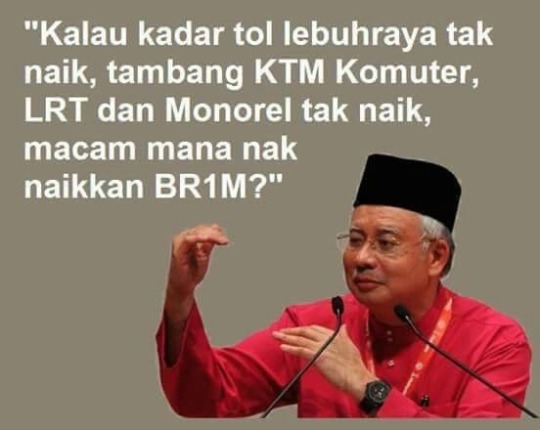
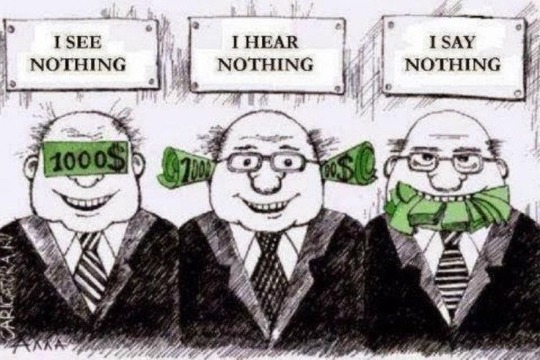

3 notes
·
View notes
Text
Is blogging still relevant in the age of Tiktoks and Instagram?
What is the definition of blogging? Blogginng is a website that contains online personal reflections, comments and often hyperlinks, videos, and photographs provided by the writer also the contents of such a site.
But the real question is, is blogging still relevant in the age of Tiktoks and Instagram?
My answer is blogging is still significant and always will be!
There is always something to speak about and share on blogs. According to Neal Schaffer, there are 409 million internet users who read about 20 billion blog pages each month.
However, as the time has changed and everything has become more sophisticated thanks to new technologies like social media, the technique we create and gather the blog might be a little different than it was in the past.
Let's go back in time, as stated by the majority of experts, Justine Hall, a student at the time, founded Links.net in 1994 as a platform for publishing his writing. The entire website was made up of succinct postings, each of which shared a link and some of the author's commentary on the material therein.
Blogging, as we all know, falls under the category of diaries, however this one is a little different because diaries are kept for personal use only. However, blogging is something you do because you possess experience, want to share it, and want to build a community.
In the technological age we currently live in, social media provides a platform where, if we continuously put ourselves out there, we may easily establish a community. No matter how small your contribution may be, everyone can relate to it, and this has a big impact on them. We share a common basic concept and share comparable hobbies, interests, objectives, and goals.
In this case, blogging will never die because it is considered communication because people look for characters in their lives, including heroes, villains, and role models. A fantastic venue for this is provided by blogs.
Every popular blog is a stage where intriguing people interact, audiences feel a wide range of emotions, including love to hate and hate to love them. People read blogs because they are curious about what the people who lead them have to say.
For this reason, people comment, subscribe, retweet, and share. People are looking for someone to trust.
Cheers,
Hanisha!
MDA20009 #Week4
1 note
·
View note
Text
entering my gwyneth paltrow era. no more clubs and alcohol but 9 hours of sleep and brunch instead

0 notes